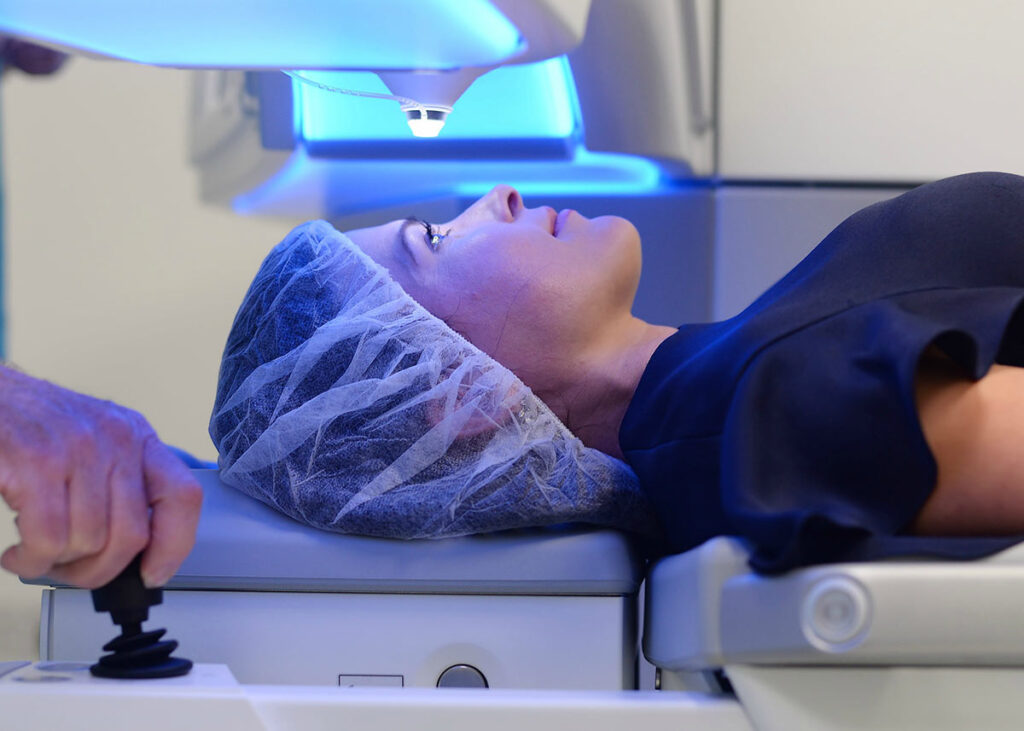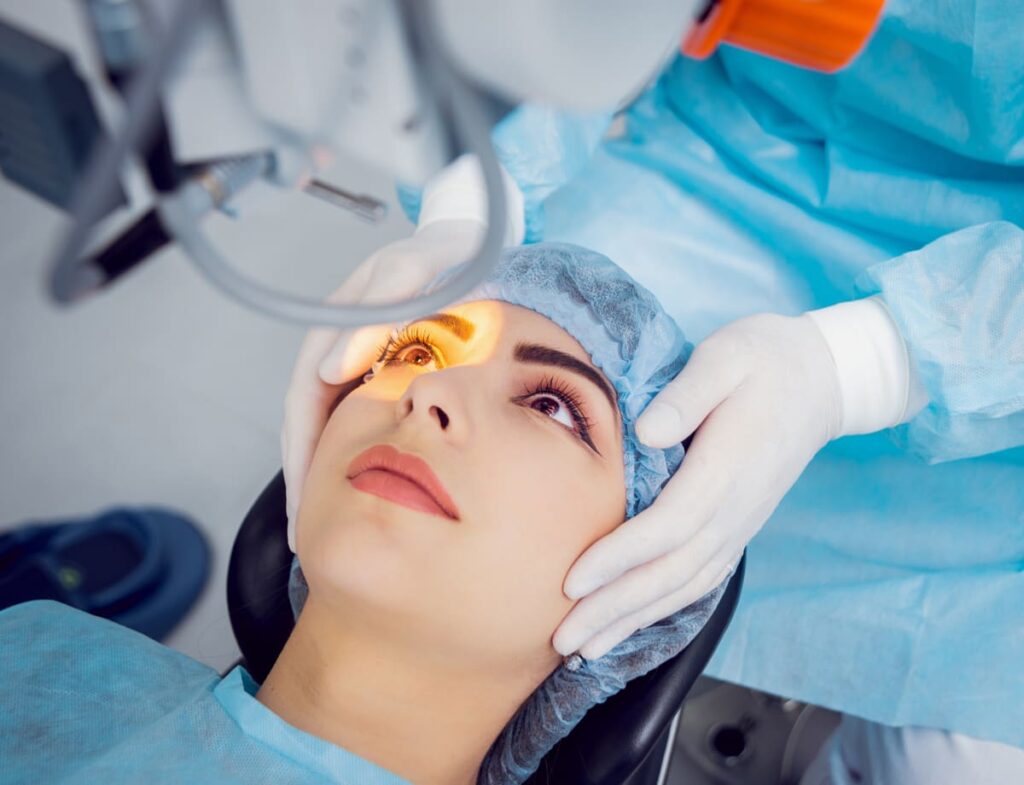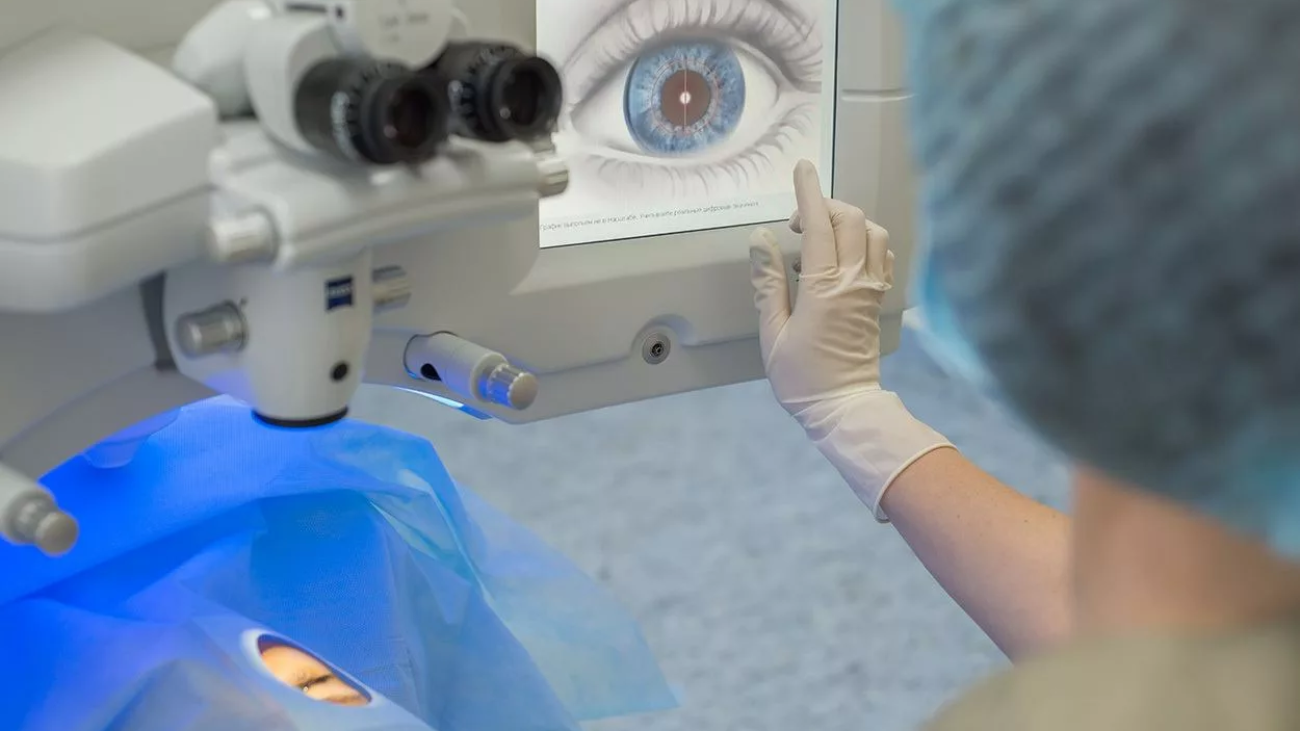In today’s world, many individuals seek out laser eye surgery as a viable solution for achieving clearer vision. While you may have heard about various procedures, understanding the basics and knowing the options available can be incredibly beneficial in making an informed decision. This article will delve into essential information about laser eye surgery, explore different types of procedures, outline the factors to consider before choosing a treatment, and guide you on how to prepare for surgery.
Understanding the Basics of Best Laser Eye Surgery
Before considering laser eye surgery, it’s vital to comprehend what it entails. At its core, best laser eye surgery is a procedure designed to correct refractive vision problems, including myopia (nearsightedness), hyperopia (farsightedness), and astigmatism.
What Is Laser Eye Surgery?
Laser eye surgery refers to a range of surgical techniques that utilise lasers to reshape the cornea, helping light to focus more effectively onto the retina. Essentially, these procedures aim to eliminate or reduce the need for glasses or contact lenses.
The technology has advanced significantly over the years, leading to safer techniques and improved visual outcomes. Many people report higher satisfaction levels with their new vision post-surgery, contributing to the popularity of this option. In fact, studies have shown that a significant percentage of patients achieve 20/25 vision or better after undergoing laser eye surgery, which is often considered sufficient for most daily activities without corrective lenses.

How Does Laser Eye Surgery Work?
Most laser eye surgeries work by carefully altering the shape of the cornea. This adjustment corrects how light rays enter the eye, hence improving overall visual clarity.
The procedure typically involves a combination of consultation, pre-surgery assessments, and the actual surgery, which is usually performed on an outpatient basis. With the advancements in technology, the entire process now takes just a few minutes. During the surgery, patients are often given a mild sedative to help them relax, and anaesthetic eye drops are applied to ensure comfort. The use of advanced lasers, such as the femtosecond laser, allows for precise and controlled reshaping of the cornea, minimising the risk of complications and enhancing recovery times.
Moreover, the post-operative care is crucial for achieving the best results. Patients are generally advised to rest their eyes and avoid strenuous activities for a short period following the surgery. Follow-up appointments are essential to monitor the healing process and ensure that the eyes are responding well to the treatment. Many clinics provide comprehensive aftercare packages, which may include additional treatments or medications to support recovery and optimise visual outcomes.
The Different Types of Laser Eye Surgery
Several types of laser eye surgery can cater to various needs and eye conditions. It’s essential to understand each type to determine which one might be suitable for you.
LASIK: The Most Common Type of Laser Eye Surgery
LASIK (Laser-Assisted In Situ Keratomileusis) is perhaps the most well-known form of laser eye surgery. It involves creating a thin flap in the cornea, which is lifted to allow a laser to reshape the underlying cornea. The flap is then repositioned, and recovery is usually rapid.
Many patients appreciate the quick recovery time and immediate improvement in vision. However, it may not be suitable for everyone, especially those with thin corneas. Find more about suitable on https://pgc.edu/types-of-education/
PRK: A Good Alternative for Those Not Suitable for LASIK
Photorefractive Keratectomy (PRK) is another common option, particularly for patients who are not candidates for LASIK due to corneal thickness. Instead of creating a flap, PRK involves removing the outer layer of the cornea before applying the laser treatment directly.
Although the recovery process can take longer than LASIK, PRK offers exceptional outcomes for many patients, particularly those with higher prescriptions.
LASEK: Combining the Benefits of LASIK and PRK
LASEK (Laser-Assisted Sub-Epithelial Keratectomy) merges techniques from both LASIK and PRK. In this method, the outer layer of the cornea is preserved and repositioned after the laser treatment.
This technique can offer advantages in terms of achieving quicker recovery while still addressing the eye’s refractive errors effectively.
SMILE: The Latest Advancement in Laser Eye Surgery
SMILE (Small Incision Lenticule Extraction) is one of the newest advancements in laser eye surgery. This technique is minimally invasive and involves removing a small lens from within the cornea to change its shape.
SMILE is gaining traction due to reduced post-operative discomfort and faster recovery times, making it an appealing option for many patients.
Factors to Consider When Choosing Laser Eye Surgery
As you ponder which type of laser eye surgery may be suitable for you, it’s crucial to reflect on several factors that can influence your decision.
Assessing Your Eye Health
Your overall eye health plays a significant role in determining the appropriate procedure. Factors such as the thickness of your cornea, the presence of dry eyes, or any previous eye injuries can all affect your candidacy for surgery. To know more about injuries click here.
A thorough evaluation by an eye specialist can help identify these factors and provide personalised recommendations.

Understanding Your Vision Correction Needs
Each type of procedure has unique indications based on the severity of your refractive error, so understanding your vision correction needs is essential. Discuss your lifestyle, such as your occupation and hobbies, as these can influence the procedure chosen.
Be honest about your expectations, as this will help the surgeon tailor their recommendations to suit your specific vision requirements.
Evaluating the Risks and Benefits
Like any medical procedure, laser eye surgery comes with its own set of risks and benefits. Understanding these can aid in your decision-making process.
Discuss potential complications, such as dry eye or visual aberrations, with your eye care professional. Simultaneously, weigh these risks against the potential benefits of improved vision without the need for corrective lenses.
Preparing for Laser Eye Surgery
Preparation is key to ensuring a smooth process leading up to your surgery. Being well-informed can alleviate anxiety and set you up for success.
What to Expect During the Initial Consultation
Your initial consultation will typically involve comprehensive eye examinations, including measuring your cornea’s thickness and mapping your eyes. This assessment helps the surgeon identify the best approach tailored to your needs.
During this time, do not hesitate to ask questions about the procedure, recovery process, and expected results. Having a better understanding can empower you and ease any concerns you may have.
Steps to Take Before Your Surgery
Leading up to the day of surgery, there are several steps you should follow. Avoid wearing contact lenses for a few days prior, as they can alter the shape of your cornea.
Additionally, it’s advisable to arrange for someone to accompany you to your procedure and help to ensure a smooth recovery period. Following your surgeon’s specific instructions will help set the stage for a successful surgery and recovery journey.
Other resoures: Is Laser Eye Surgery Right for You







